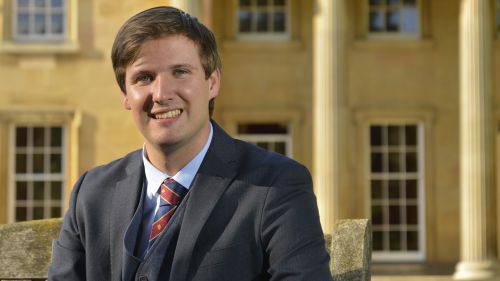
Downing Fellow's AI project receives funding from University of Cambridge
A project involving Downing Fellow Dr Alec Christie has recently secured funding from the University of Cambridge through its AI@Cam "AI-deas" initiative. This collaborative effort is part of a broader undertaking across the university with Cambridge Zero, Conservation Evidence, Cambridge Conservation Initiative and the Dawn supercomputer.
Addressing the twin challenges of climate change and biodiversity loss requires innovative solutions. The AI for Climate and Nature project aims to empower decision-makers to find optimal strategies by using Artificial Intelligence models to integrate diverse datasets. The goal is to accelerate the synthesis of information and identify effective solutions to these complex issues.
There is great potential for AI to reshape approaches to the climate and biodiversity crises. AI for Climate and Nature seeks to develop the analysis of climate-nature interventions, including nature-based solutions, by bringing together previously unimaginable combinations of datasets and computational modelling. By doing so, it opens avenues for more targeted and efficient solutions to some of the most pressing challenges in climate and biodiversity.
AI for Climate and Nature capitalizes on the University of Cambridge's preeminent research expertise in climate, conservation, and AI. Dr. Christie assumes a pivotal role in the project, co-leading the biodiversity research segment focusing on exploring how AI can accelerate the gathering and summarisation of information regarding the potential efficiency of conservation actions. This will help address two key problems:
1. The struggle to bring together evidence fast enough to keep up with the rapid growth of the scientific literature.
2. Decision-makers' lack of time and expertise to read and interpret evidence. To tackle these problems, his project ultimately aims to build a prototype Conservation Copilot that can help decision-makers interpret up-to-date, relevant information to inform their work.
The AI@Cam funding for the project will also help to build a strong transdisciplinary network of researchers at Cambridge and help to attract more funding to apply AI to tackle the twin crises of climate change and biodiversity loss.
Published 5 February 2024
